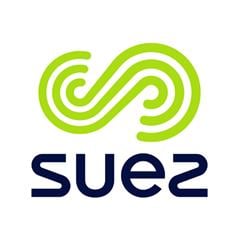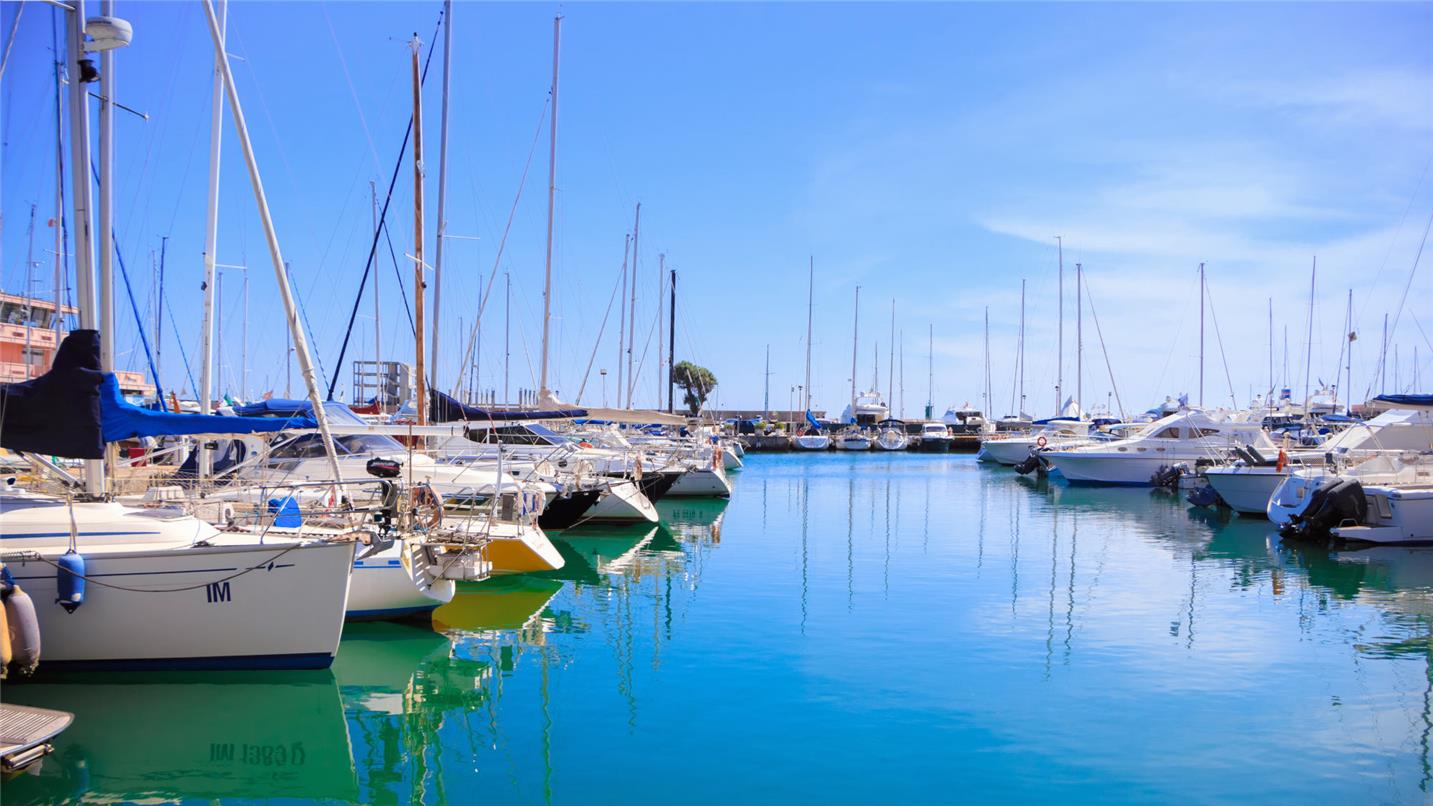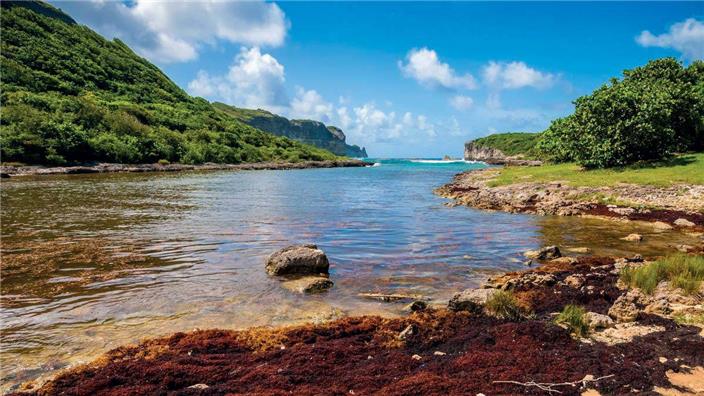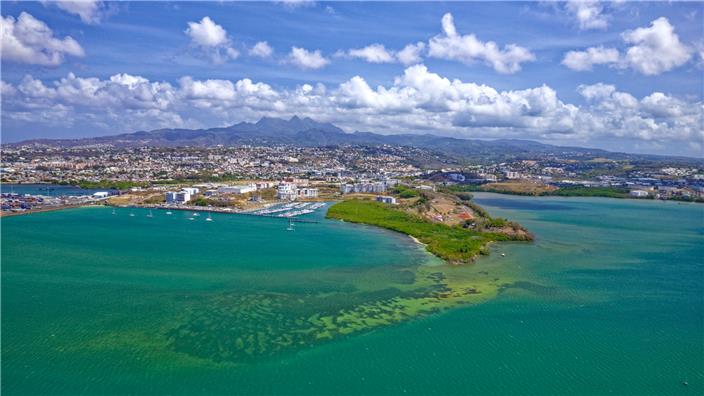Assistance with strategic studies for infrastructure design and supervision projects
In the context of climate change, French coasts are increasingly exposed to risks such as erosion and coastal flooding. The Consulting teams at SUEZ are innovating in the sustainable development of maritime zones and port areas with a series of missions relating to the goals of the French government’s “port greening” and coastal resilience recovery plan, including reducing pollutant emissions and developing modal shift infrastructure and facilities to promote the energy transition.
We operate in three specific areas of expertise on behalf of our customers. We provide design and project management services for their infrastructure. We carry out early-stage studies, authorisation files, eco-design and site management with a focus on the environment. Finally, we conduct research and provide operational services in the field of oceanography (forecasting coastal flooding, port accessibility etc.).
We deploy a variety of interdisciplinary skills to meet the specific needs of each project (urban planning, energy transition etc.). These skills arise from our research and development activities and our strong local roots close to the location of each project. With 21 sites and locations along the coasts of mainland France and its overseas territories, together with two centres of expertise – a maritime infrastructure centre in Montpellier and a river infrastructure centre in Nanterre – our experts have a detailed knowledge of the challenges you face. Actimar, a SUEZ Consulting subsidiary specialising in oceanography, provides additional expertise, particularly in the design of structures and the management of their environmental impact.
We innovate every day in the sustainable development of maritime zones and port areas with an approach structured around four pillars:
We operate in three specific areas of expertise on behalf of our customers. We provide design and project management services for their infrastructure. We carry out early-stage studies, authorisation files, eco-design and site management with a focus on the environment. Finally, we conduct research and provide operational services in the field of oceanography (forecasting coastal flooding, port accessibility etc.).
We deploy a variety of interdisciplinary skills to meet the specific needs of each project (urban planning, energy transition etc.). These skills arise from our research and development activities and our strong local roots close to the location of each project. With 21 sites and locations along the coasts of mainland France and its overseas territories, together with two centres of expertise – a maritime infrastructure centre in Montpellier and a river infrastructure centre in Nanterre – our experts have a detailed knowledge of the challenges you face. Actimar, a SUEZ Consulting subsidiary specialising in oceanography, provides additional expertise, particularly in the design of structures and the management of their environmental impact.
We innovate every day in the sustainable development of maritime zones and port areas with an approach structured around four pillars:
- Developing greater resilience to climate change and coastal risks by adapting and protecting the coast and developing new approaches inspired by nature;
- Preserving and restoring biodiversity through eco-design and by incorporating biodiversity aspects into projects at an early stage to reduce their environmental footprint;
- Designing efficient, optimised, high-performance infrastructure with full regard for the circular economy and sustainable low-carbon construction;
- Contributing to the attractiveness of coastal towns by re-establishing the links between urban and port areas and upgrading sea fronts.
Discover the portrait of Célia LE LAN, Project Manager in port and coastal development at SUEZ Consulting for 12 years.
Portrait of Célia LE LAN - Project manger in port and coastal development - SUEZ
Credit: SUEZ group
Our references
We have been working for the local authority in Mayotte since 2020 to develop the commercial port of Longoni, a strategic point on the island. Our service includes full project management (quays 1 and 2) and environmental surveys.
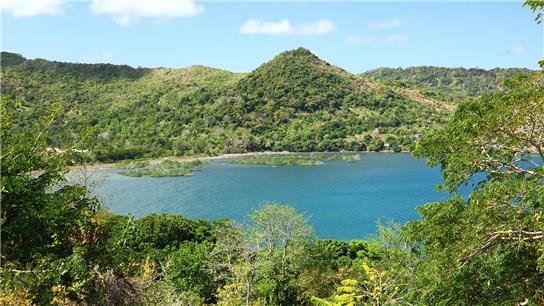
Another example is the work to extend the port of Port-la-Nouvelle on behalf of the Occitanie region. Beginning in 2018, the mission includes site supervision and monitoring natural habitats to ensure the environmental priorities are respected.
In Fort-de-France, we have been working in partnership with Cacem, with support from the French Office for Biodiversity, since 2019 to meet the challenge of encouraging mangrove growth to protect the Etang Z’Abricots marina against the waves using an innovative nature-based solution.
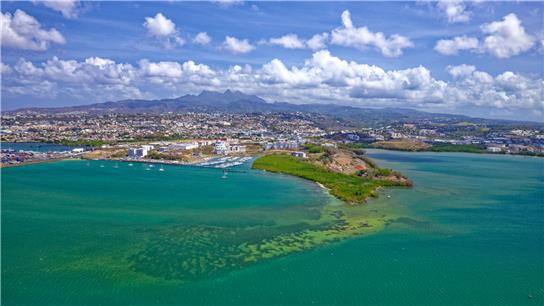
In Spain, we are helping five ports in the Balearic islands to improve their air quality. We have deployed a network of smart sensors to monitor air pollution, noise pollution and a number of meteorological variables. The environmental data we collect is passed to the port authority for analysis in order to identify the best solutions.
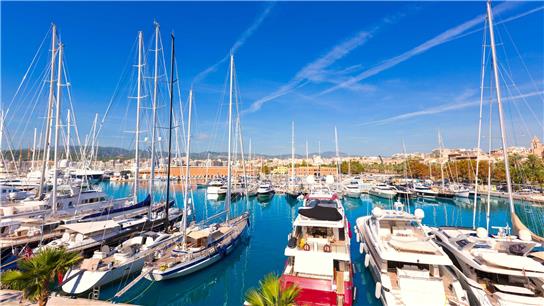
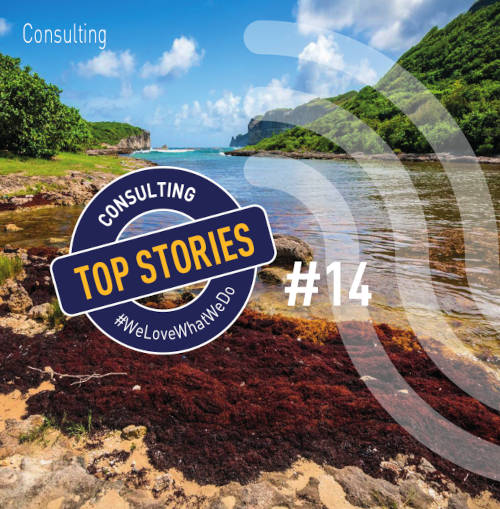
Our challenge: Supporting decision-making for an optimal management of the sargassum scourge
2MB
PDF
Contact
